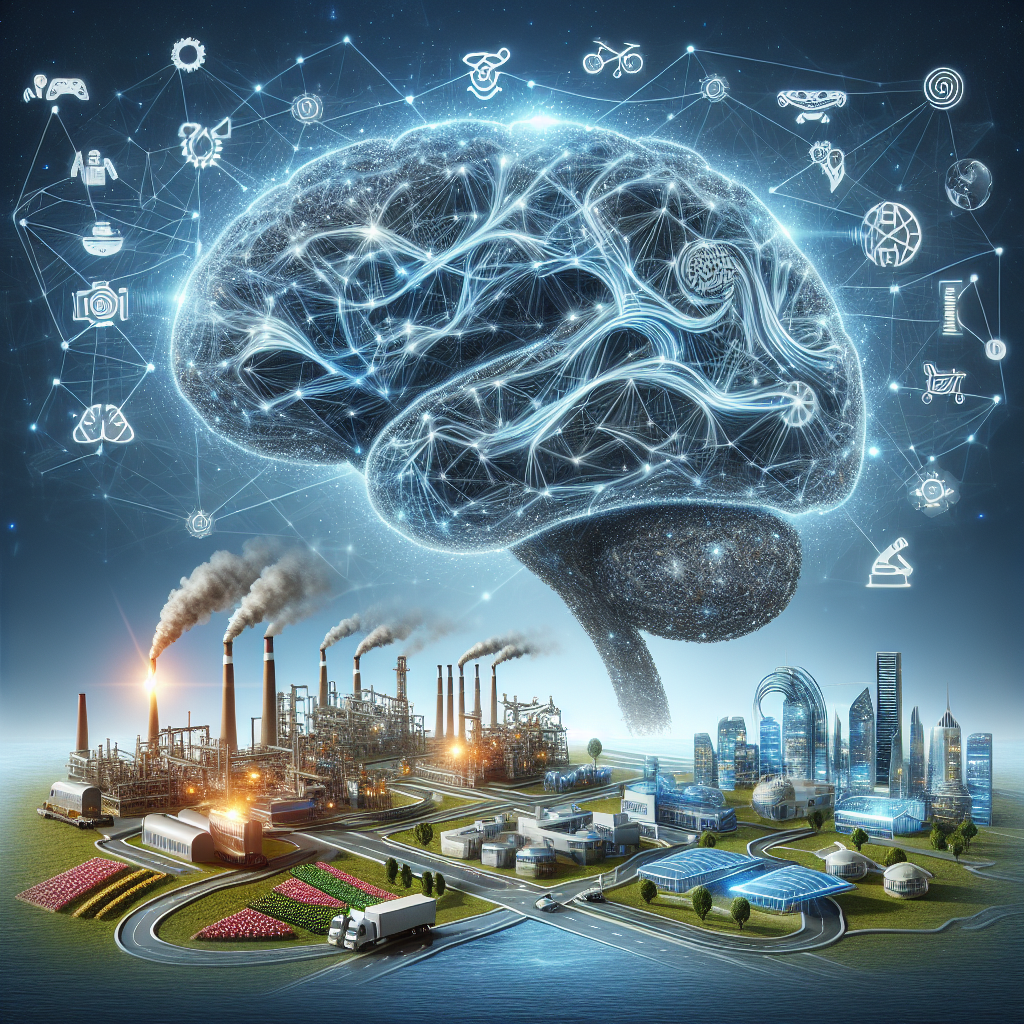Artificial General Intelligence (AGI) is a term that refers to the development of machines that possess the ability to understand, learn, and apply knowledge across a wide range of tasks and environments. Unlike narrow AI systems, which are designed for specific tasks such as playing chess or recommending movies, AGI aims to replicate the cognitive abilities of human beings. This has the potential to revolutionize industries and change the world in ways that we can only begin to imagine.
AGI has the potential to transform a wide range of industries, from healthcare to finance to transportation. In healthcare, for example, AGI could be used to analyze vast amounts of medical data to identify trends and patterns that could lead to breakthroughs in disease diagnosis and treatment. In finance, AGI could be used to analyze market trends and make investment decisions with a level of accuracy and speed that humans could never achieve. In transportation, AGI could be used to develop self-driving cars that are safer and more efficient than human drivers.
But the impact of AGI goes beyond individual industries. It has the potential to fundamentally change the way we live and work. With machines that possess human-level intelligence, tasks that were once thought to be the exclusive domain of humans could be automated, leading to increased efficiency and productivity. This could lead to a world where work is no longer necessary for survival, as machines could handle the majority of tasks that currently require human labor.
Of course, the development of AGI also raises a number of ethical and societal questions. For example, what will happen to the millions of people whose jobs are replaced by machines? How will we ensure that AGI systems are used ethically and responsibly? How will we prevent AGI from being used for malicious purposes? These are questions that will need to be addressed as AGI becomes a reality.
Despite these challenges, the potential benefits of AGI are too great to ignore. The ability to create machines that possess human-level intelligence has the potential to revolutionize industries, change the way we live and work, and solve some of the most pressing challenges facing humanity. As we continue to make progress in the development of AGI, it is essential that we approach this technology with caution and foresight, to ensure that it is used for the benefit of all.
FAQs:
Q: What is the difference between AGI and narrow AI?
A: AGI aims to replicate the cognitive abilities of human beings, while narrow AI systems are designed for specific tasks. AGI has the ability to understand, learn, and apply knowledge across a wide range of tasks and environments, while narrow AI systems are limited to the tasks they were designed for.
Q: How close are we to achieving AGI?
A: While significant progress has been made in the development of AI systems that can perform specific tasks, we are still a long way from achieving AGI. Researchers are working on developing algorithms and technologies that can replicate the cognitive abilities of humans, but there are still many challenges that need to be overcome.
Q: What are some of the ethical concerns surrounding AGI?
A: Some of the ethical concerns surrounding AGI include the impact on jobs and the economy, the potential for misuse of AGI systems, and the question of how to ensure that AGI is used ethically and responsibly. These are important questions that will need to be addressed as AGI becomes a reality.
Q: How can we ensure that AGI is used for the benefit of all?
A: It is essential that we approach the development of AGI with caution and foresight, to ensure that it is used for the benefit of all. This may involve setting guidelines and regulations for the use of AGI, as well as engaging in public dialogue and debate about the ethical and societal implications of this technology.

